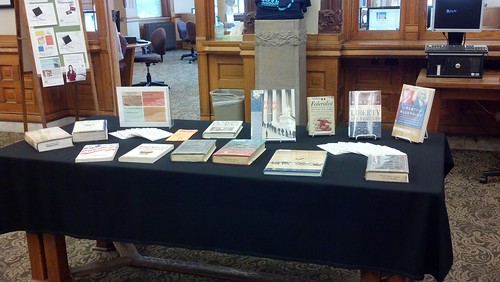Apathy About Constitution Day Is a Legacy of the Miracle in Philadelphia
Constitution Day #ConstitutionDay

Today, as America commemorates Constitution Day, few among “We the People” will pause to celebrate, but this apathy is a sign of the Framers’ success. In 1787, out of insurrection and chaos, comes a document that Americans take for granted the way they do the Rocky Mountains.
The Constitutional Convention at Philadelphia didn’t set out to produce what’s now the world’s oldest active governing document. They just wanted to design something better than the Articles of Confederation, ensuring that independence won on battlefields created “a more perfect union” in peacetime.
“Americans of today,” the Sun wrote on September 20, 1887, for the centennial, “accustomed to feeling the benefits as well as to sound the praises of the Constitution with which they live, are not apt to appreciate the difficulties under which that instrument was framed or the risks it ran of being rejected after all.”
The Convention “was a scene of constant struggle between opposing ideas and theories,” the Sun said. Americans had just thrown off the shackles of a distant government and were hesitant to surrender liberty to a new one.
The Convention took three weeks to reach a quorum and get started. Rhode Island stayed away. New Hampshire attended only after the arguing was underway. The Sun gave one example of the squabbling: A six-to-five vote “shows how close was the division upon the question of allowing the House of Representatives to be made up according to populations.”
In what became known as the Great Compromise, the Convention agreed that the lower chamber would reflect inhabitants while the Senate would offer equal representation, ensuring that large states like Virginia wouldn’t run roughshod over smaller ones.
In a private letter, President Washington, serving as the presiding officer, confided his concerns that the efforts at Independence Hall would collapse. Everybody, he said, expected something from the Convention, “but what will be the final result of its deliberation, the Book of Fate must disclose.”
Washington wrote that “independent sovereignty is so ardently contended for” and each state’s interests “too much governed them.” These factions would “not yield to a more enlarged scale of politics. Incompatibility in the laws of different states and disrespect to those of the general government must render the situation of this great country weak, inefficient, and disgraceful.”
After the Convention overcame the pettiness and refusal to compromise that’s so familiar today, the next challenge loomed. “Would the States accept the new Constitution?” the Sun asked. “Might it not suffer the fate of the Plan of Union of 1754, which had been agreed to by the Albany Convention and completely rejected by the colonies?”
When the Convention made its submission to Congress on September 17, 1787, the Sun described the moment as “dignified but by no means triumphant.” It took 11 weeks for the first state, Delaware, to ratify it. Pennsylvania and New Jersey followed by year’s end. Six more states were needed to make it binding.
“Anxious eyes were turned toward the influential states of Virginia, New York, and Massachusetts,” the Sun wrote. Massachusetts ratified by “a very small majority.” Only after a magic number of nine states passed the Constitution into law did New York and Virginia claim their stars on the flag.
It took nine months after the signing for the Constitution to collect enough states to become official. North Carolina and Rhode Island didn’t ratify until 1789. By then, Washington was already in office, saying of the oath to protect and defend the Constitution, “I walk on untrodden ground.”
As Washington took those steps, he was mindful of preserving the Constitution for generations unborn. “There is scarcely any part of my conduct,” he said, “which may not hereafter be drawn into precedent,” but the nation’s highest law would endure whatever path he or succeeding presidents followed.
Today, Americans are secure in the Constitution. It is an inalienable part of our lives, so much so that this holiday celebrating it passes without much notice. But as we’re busy scribbling our own stories into the Book of Fate, it’s worth remembering that the pens we use were handed to us in Philadelphia 236 summers ago.